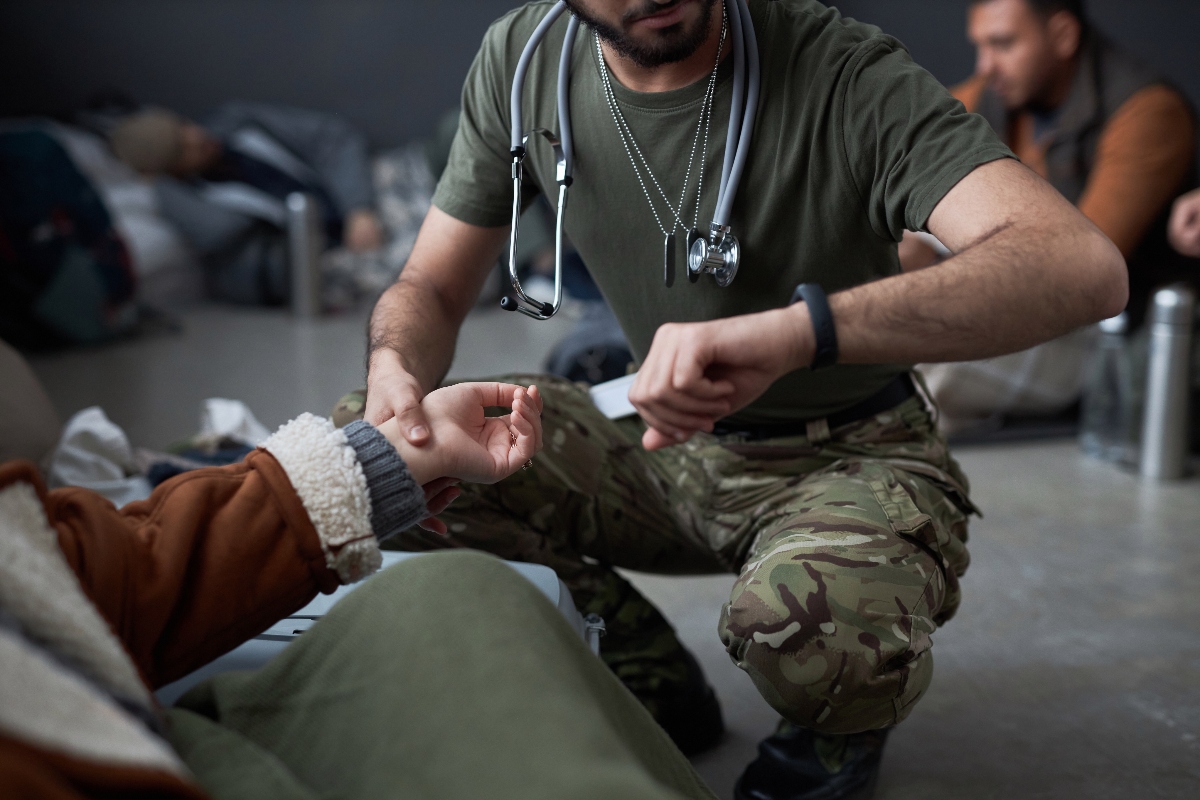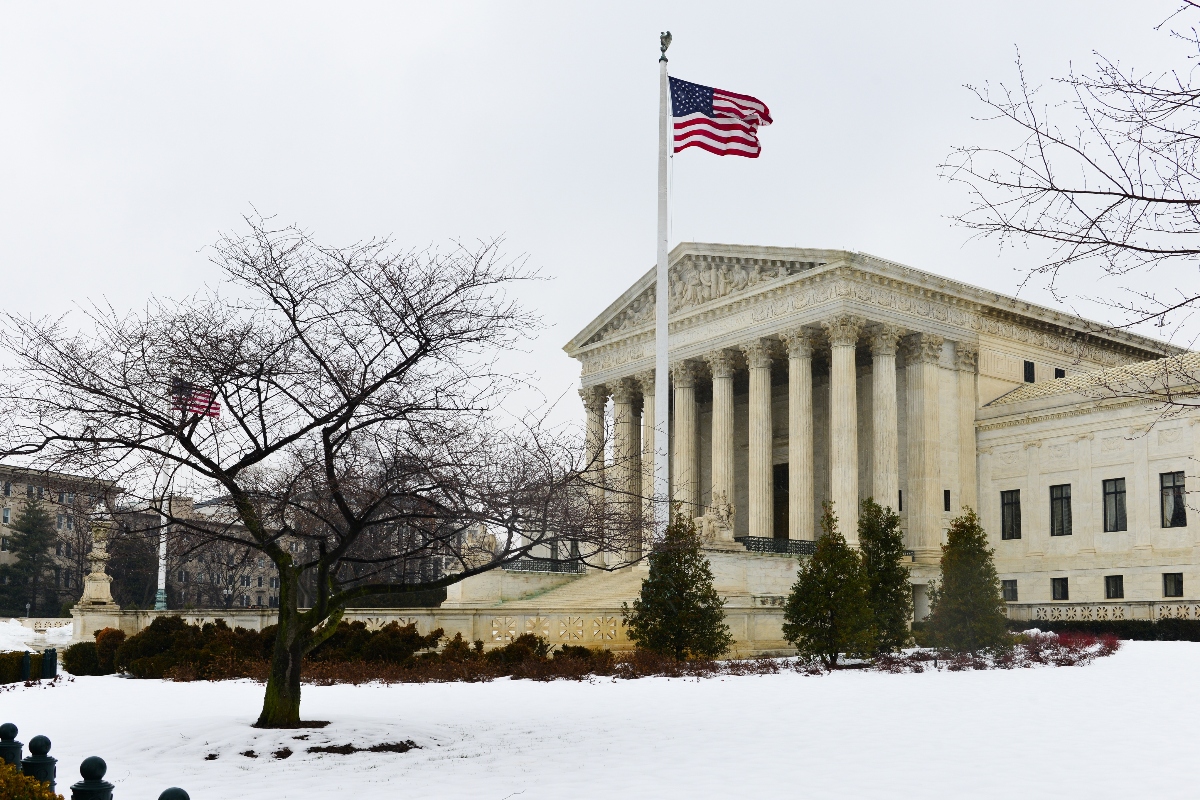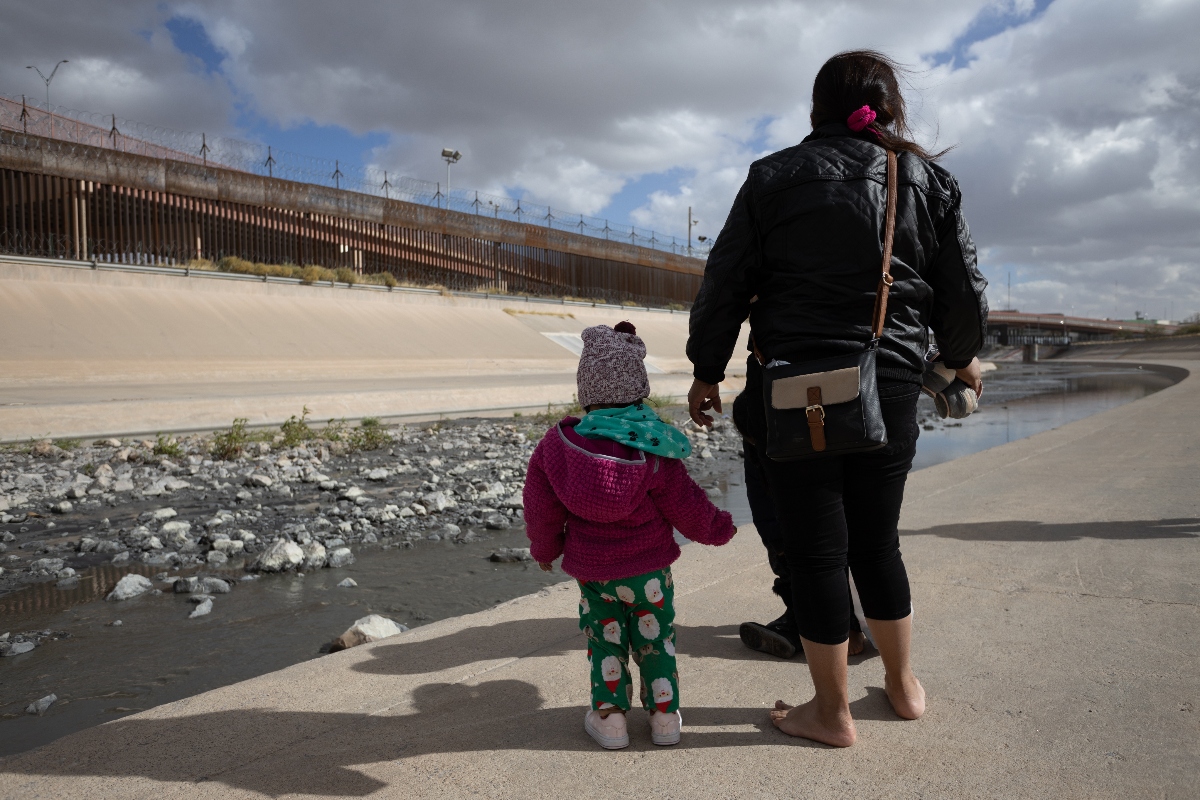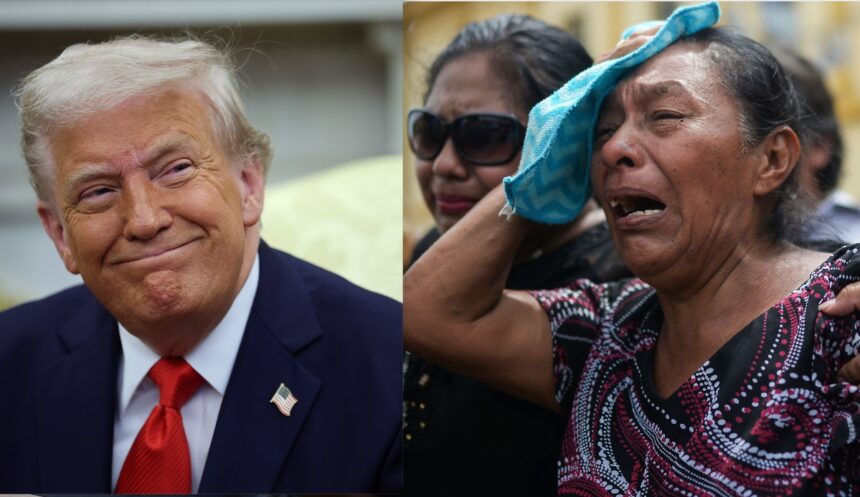This May 30, 2025, the U.S. Supreme Court authorized President Donald Trump’s administration to revoke the humanitarian parole program that benefited more than 530,000 migrants from Cuba, Haiti, Nicaragua and Venezuela.
This decision temporarily overturns a previous order by a federal judge in Massachusetts that blocked the mass termination of the program.
Context of the program

Implemented in 2022 during the Joe Biden administration, the humanitarian parole program allowed legal and temporary entry of migrants from the four countries mentioned above.
Provided they had a U.S. sponsor and passed background checks.
The objective was to provide a safe and orderly route for those fleeing humanitarian crises.
Details of the ruling

By a 7-2 vote, the Supreme Court stayed the order of Justice Indira Talwani, who had ruled that the revocation of parole should be evaluated on a case-by-case basis.
Justices Ketanji Brown Jackson and Sonia Sotomayor dissented, arguing that the decision could cause “devastating consequences” for hundreds of thousands of people.
This decision temporarily overturns a previous order by a federal judge
The Trump administration argues that eliminating the program is essential to bolster border security and deter illegal immigration.
However, human rights organizations and migrant advocates warn that this measure exposes those affected to rapid deportation and possible dangers in their countries of origin.
Implications for migrants

With the revocation of parole, beneficiaries lose their legal status and work authorization, facing the possibility of immediate deportation.
In addition, many have pending asylum applications or adjustments of status, which could be affected by this decision.
Uncertainty also impacts the families and communities that have integrated these migrants, generating concerns about family separation and loss of income.
Legal options

Despite the ruling, affected migrants can still explore the following options:
Asylum: If they face persecution in their home countries, they can apply for asylum in the US.
Adjustment of status: Those with family members who are citizens or permanent residents may be eligible to adjust their immigration status.
Legal assistance: It is essential to consult with immigration attorneys or community organizations for personalized guidance.
Organizations such as the Justice Action Center and the Haitian Bridge Alliance offer support and legal resources for those affected.
The Supreme Court decision represents a significant change in U.S. immigration policy, with direct consequences for more than half a million people.
It is crucial that Hispanic migrants in the U.S. educate themselves about their rights and seek legal counsel to navigate this complex situation.
For more information, visit QuéOnnda.com.























